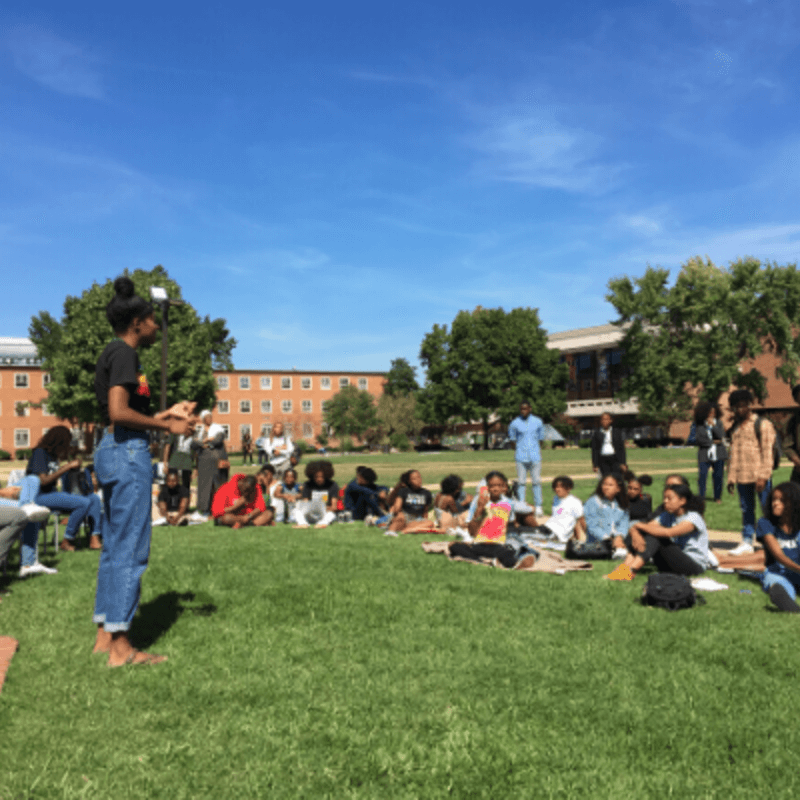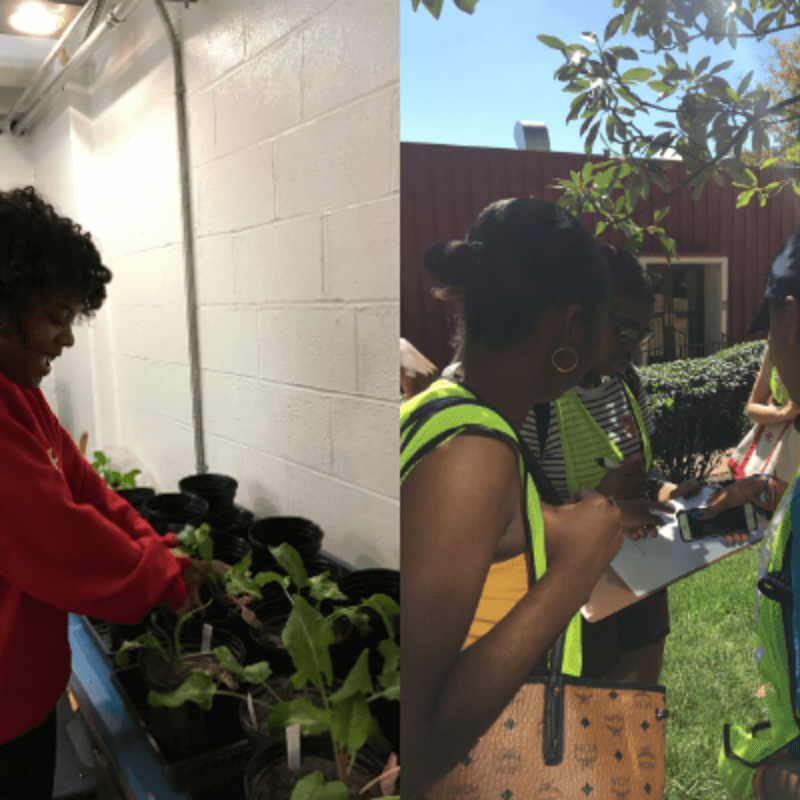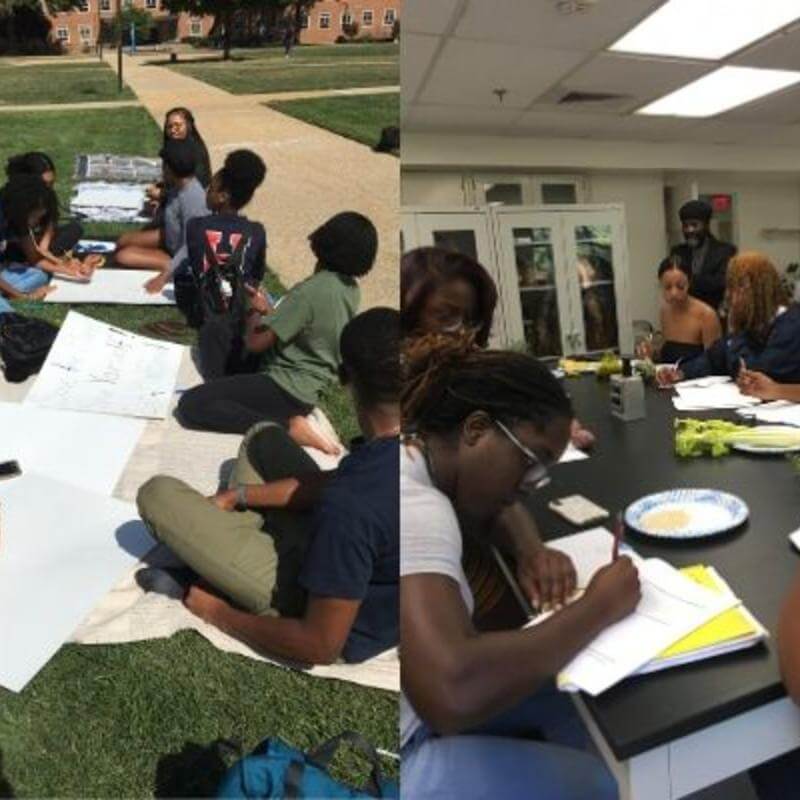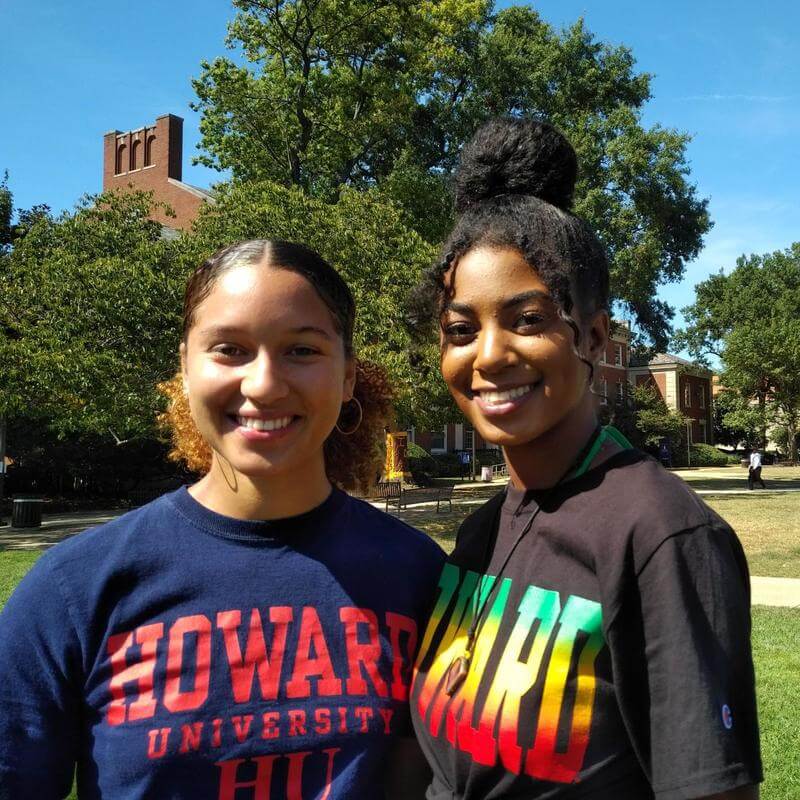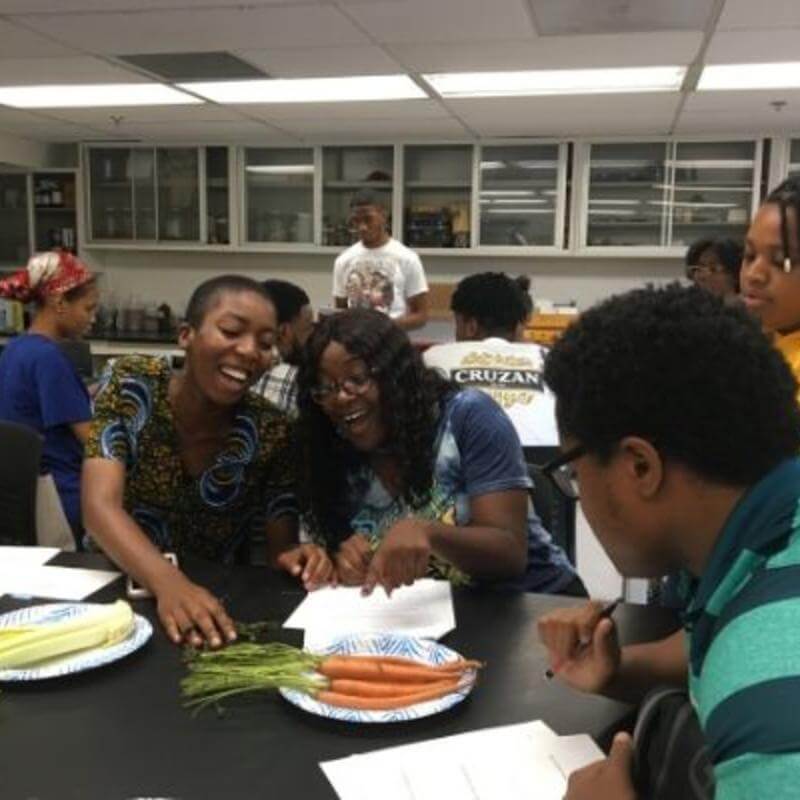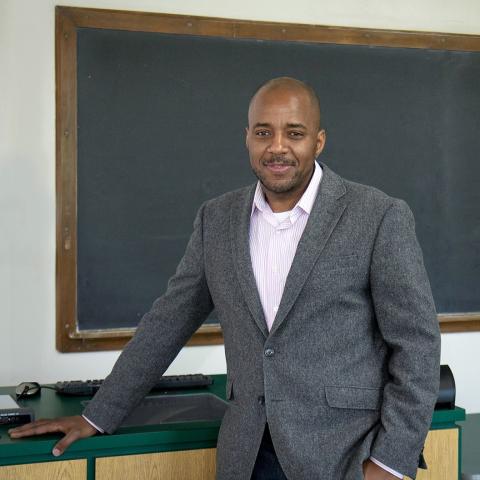About Our Program
Howard University was one of the first HBCUs with an Environmental Studies program. Our faculty have engaged in environmental research across many disciplines, including the arts, social sciences, humanities, natural sciences, engineering, and medicine.
Environmental issues, including climate change, represent many of, if not the most, serious challenges in the 21st century. The sheer magnitude and complexity of these issues, along with the critical need to address them, requires the development of future leaders who represent the full diversity of all people and all of the cognate fields encompassed within environmental studies. Historically, environmental organizations have not included many of the people who suffer most from environmental conditions.
The HUES will develop a cadre of professionals who address that issue and who are trained to:
-
recognize that both basic and applied research are necessary to develop solutions to pressing environmental issues;
-
identify ethical impediments and associated risks for populations of varying ethnic, social, cultural and economic backgrounds;
-
establish empowerment programs that improve the capacities of individuals and communities to meaningfully interact in political and scientific discussions;
-
increase knowledge of ecological and cultural relationships, particularly in the vein of understanding how human populations manage, impact, and develop local landscapes, habitats, natural resources, and environments for certain animals and how those environments in turn impact their well-being, flourishing, and sustainability;
-
increase understanding of cultural impacts on the environment, thus providing an education focused specifically on the roles and responsibilities of communities in regards to environmental conservation and preservation;
-
address and ameliorate the rapidly deteriorating environmental conditions;
-
increase representation of individuals from underrepresented groups in environmental decision-making processes.
Howard University was one of the first HBCUs with an environmental studies program and faculty have engaged in environmental research across many disciplines, including the arts, social sciences, humanities, natural sciences, engineering, law, and medicine. This program responds to the growing demand among students for training in the environmental arena, provides increased opportunities for research, and allows the university to respond to its historic mission to develop students who can represent and protect under-served communities around the world.
Advanced courses in the major draw from a variety of disciplines, including African American Studies, Biology, Chemistry, English, History, Mathematics, Sociology, Philosophy, Political Science, Psychology, and Physics. Capstone Experience courses provide students with internship and research opportunities, as well as opportunities other professional training. While the emphasis of IHUES is to prepare students to continue their studies at professional and graduate schools, concentrations in four areas—Conservation, Health & Culture, Policy, and Pollution—also allow graduates a wide selection of other career opportunities with federal, state and local agencies, a variety of nongovernmental organizations, and in the private sector.
Participating Faculty
- Terry Adams Fuller, Department of Sociology
- Flordeliz Bugarin, Department of Afro-American Studies
- Janelle Burke, Department of Biology
- Gregory Carr, Department of Afro-American Studies
- Ronald Hira, Department of Political Science
- Tracy Perkins, Department of Sociology and Criminology
- Fatimah Jackson, Department of Biology
- Courtney Robinson, Department of Biology
- Jacqueline Carmichael, Department of Art
- Jill McGowan, Department of Mathematics
- Mary McKenna, Department of Biology
- George Middendorf, Department of Biology
- Vernon Morris, Department of Chemistry
- Rubin Patterson, Department of Sociology
- Sankar Sitaraman, Department of Mathematics
- Charles Verharen, Department of Philosophy
- Satish Wadhawan, Department of Economics
- Almez Zwede, Department of African Studies

